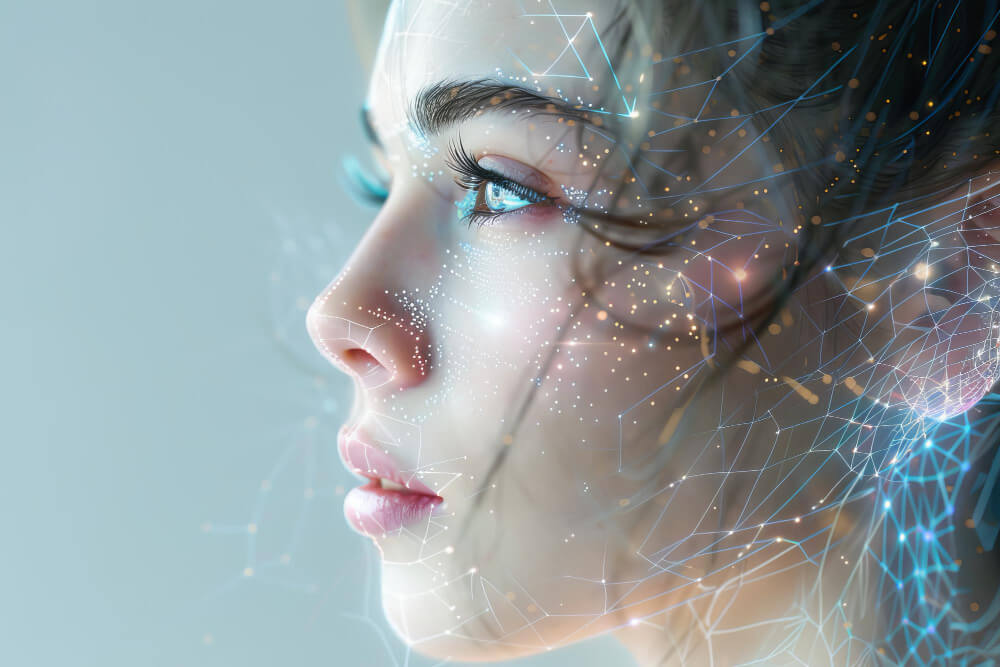Artificial Intelligence (AI) is no longer just a futuristic notion but a practical part of our daily lives. This article delves into how AI has woven itself into the fabric of our daily routines, transforming industries, enhancing personal convenience, and reshaping the way we interact with technology.
Understanding Artificial Intelligence: Artificial Intelligence refers to computer systems designed to mimic human intelligence and perform tasks such as recognizing speech, learning, planning, and problem-solving. AI can be as simple as your home voice assistant or as complex as autonomous driving systems.
AI in Daily Life:
- Smart Home Devices: AI powers popular smart home devices such as Amazon Alexa, Google Home, and smart thermostats, which learn your habits and preferences to make life more convenient.
- Personalization in Entertainment and Retail: AI algorithms suggest movies, shows, and products based on your previous behavior, enhancing your experience on platforms like Netflix and Amazon.
- Healthcare and Wellbeing: AI-driven apps provide personalized health recommendations and virtual consultations based on user data. Wearable devices use AI to monitor heart rates, predict potential health issues, and suggest lifestyle adjustments.
AI in the Workforce:
- Automation of Routine Tasks: AI helps automate mundane tasks like data entry and scheduling, allowing employees to focus on more strategic activities.
- Enhanced Decision-Making: AI analyzes data to provide insights and support decision-making processes in industries such as finance, marketing, and beyond.
- Customer Service: AI chatbots and virtual assistants handle customer inquiries efficiently, improving service and reducing wait times.
Challenges and Ethical Considerations:
- Privacy Concerns: As AI systems require vast amounts of data to learn and make decisions, they raise issues about data privacy and security.
- Employment Impact: There are concerns about AI replacing jobs, particularly in areas like manufacturing and administrative support.
- Bias in AI: If AI algorithms are trained on biased data, they can perpetuate and amplify these biases in their operations.
Future Prospects of AI:
- AI in Education: Tailored educational programs that adapt to the learning pace and style of students.
- Advanced AI in Healthcare: AI could further revolutionize healthcare by enhancing diagnostic systems, personalizing treatment plans, and managing healthcare records more efficiently.
- Smart Cities: AI is set to play a crucial role in managing infrastructure and resources in smart cities, making urban living more efficient.
Conclusion: The integration of AI into everyday life offers numerous benefits, from simplifying routine tasks to making informed decisions quickly and accurately. However, it also presents significant challenges that society will need to navigate thoughtfully. As AI technology continues to evolve, it will undoubtedly bring more profound changes to our world, making it essential to engage with AI knowledgeably and ethically.





